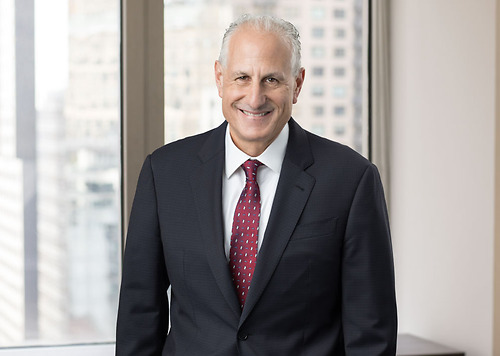Following on the heels of increased class action activity, state legislatures are increasing the focus on attacking allegations of cramming. Virginia recently enacted a law effective July 1, 2010 requiring all authorizations for third-party charges to be verified by an independent third party. The State of Maryland has recently passed a law effective October 1, 2010 that requires "express authorization" for third-party services. New York is considering legislation that would require "valid proof" of authorization of third-party services. Taken as a whole combined with the increased private enforcement, these and other state laws are increasing a service provider's obligation to ensure that authorization is valid.
Virginia
Virginia has recently enacted legislation - Virginia Code §56-479.3 that prohibits a service provider for charging for products, goods or services from any customer on a telephone bill without the customer's authorization. Importantly, the statute requires the customer authorization to be independently verified by a third party. The verification may be in written, oral, or electronic form and shall be verified and must be retained by the service provider for a minimum of two years.
Maryland
Effective October 1, 2010, Maryland will bar most third-party charges for LEC billing unless the consumer's "express authorization" is first obtained. Under the Maryland law, "express authorization" means an express, affirmative act by a consumer in the form of (a) written authorization; (b) oral authorization verified and recorded by an independent party; or (c) recorded electronic authorization. The express authorization must be separate from any incentive, solicitation material, or entry form and must include: name and telephone number of consumer; date of authorization; explanation of the product or service and all applicable charges; and an affirmation by the consumer that consumer is at least 18 years of age and authorized to order services and the charges may be billed using the telephone number.
New York
The New York legislature is currently considering a bill, which, if passed, would potentially increase LEC-billed service provider's obligation to obtain "valid authorization". The proposed legislation seeks to place new obligations on third party companies that place charges for their services directly onto New York State customers' telephone bills. The proposed bill would be New York's first attempt to legislate in this area.
Senate Bill S7028B seeks to prohibit the imposition of any charge or fee on the telephone bill of a consumer when such fee or charge is imposed by a third party, unless the consumer explicitly agrees to the nature and amount of such fee or charge; makes the unauthorized imposition of such a fee void and unenforceable; and directs the public service commission to enforce such provisions.
Specifically, the bill would require third party service providers to retain "valid proof" that: (1) the customer was provided with clear and conspicuous disclosures of the material terms and conditions of the product or service, such as whether the charges will be reoccurring; (2) the customer "explicitly" consented to the nature and amount of charges; and (3) the third party service provider supplied a toll-free telephone number for the customer to call and an address the customer may write to resolve any billing dispute. Although the meaning of the term "valid proof" is not defined in the proposed bill, the bill does empower the Public Service Commission to create any rules and regulations it deems necessary to ensure compliance with the law. The Public Service Commission would also be responsible for enforcing this proposed bill, if passed. The proposed bill further provides that any charge included on a customer's telephone bill that does not comply with the law will be void and unenforceable, and must be removed from the customer's bill upon request. Thus, the devil may ultimately be in the details as to exactly what the PSC determines to be "valid proof."
PRACTICE TIP: Given the growing private enforcement and regulatory scrutiny being focused on cramming, service providers should ensure that they are obtaining compliant proof that a customer authorized the service. Applicable state laws and regulations governing authorization and verification need to be closely scrutinized to evaluate if an enrollment process is compliant.
- Partner
Marketers, advertisers, agencies and suppliers, among others, regularly seek Andy’s counsel regarding legal aspects of their advertising and promotional marketing businesses. He’s pragmatic and always looks for ...

